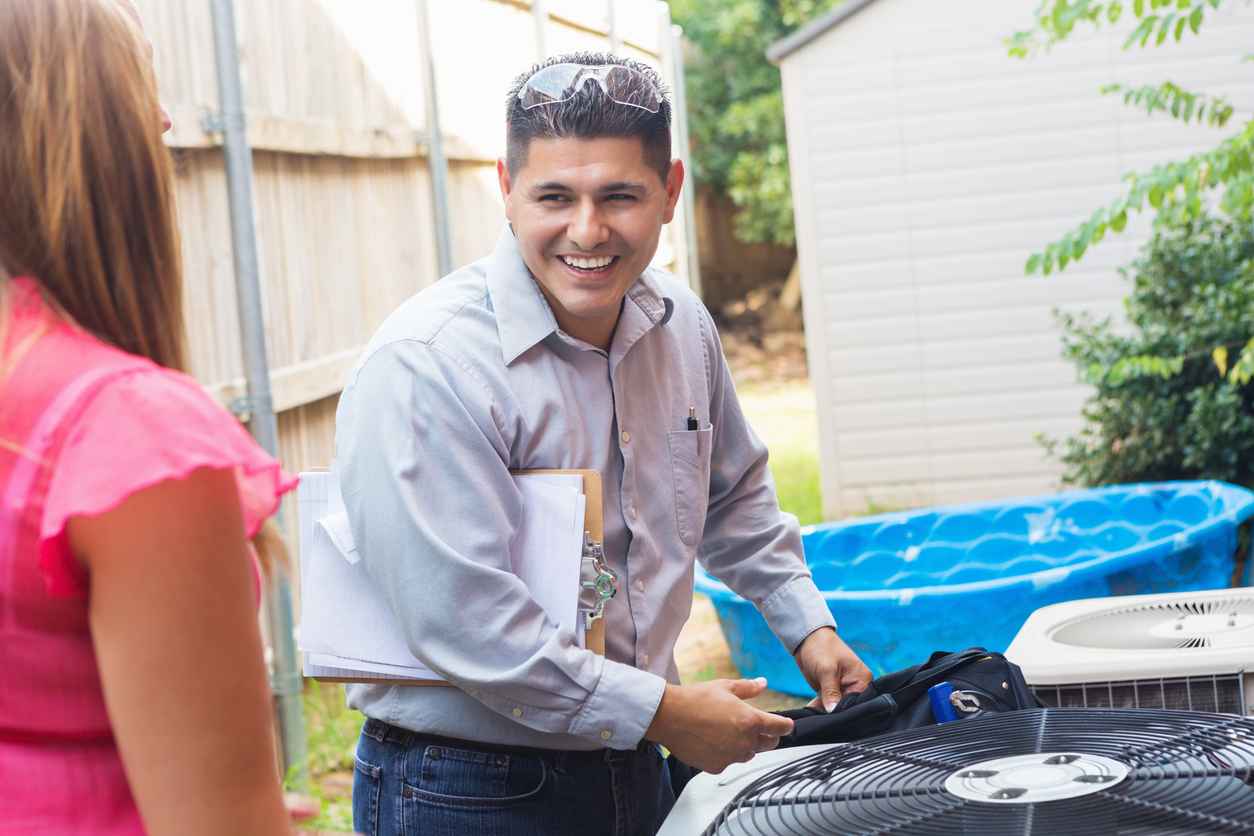4.9 Google Rating
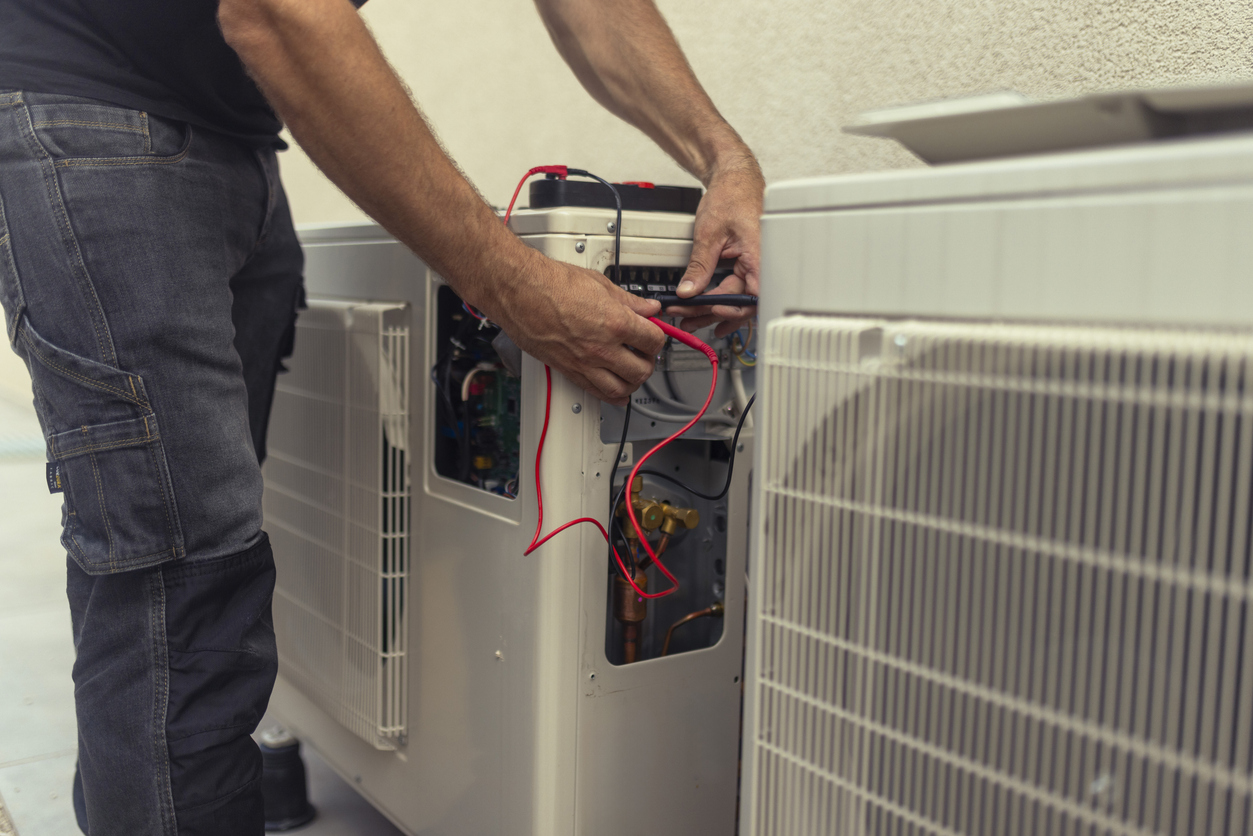
When to Schedule Heating Repair to Keep Your Austin Home Comfortable
With Austin’s mild winters, it can be easy to overlook the importance of a reliable heating system—until temperatures dip, and your heater struggles to keep up. Scheduling timely repairs is key to maintaining a warm and comfortable home throughout the colder months. From rising energy bills to strange noises, recognizing the early warning signs that your heater needs repair can help you address issues before they turn into costly emergencies. Here’s how to know when it’s time to call in a professional for heating repair.
1. Inconsistent or Insufficient Heat
If certain rooms feel colder than others or your heater isn’t reaching the set temperature, there may be an issue with your heating system. Inconsistent or insufficient heat can result from clogged filters, failing components, or an issue with the thermostat.
- What to Do: Check your thermostat settings and replace the filter if it’s dirty. If the problem persists, contact a heating professional to assess the system and ensure consistent heating throughout your home.
2. Rising Energy Bills
A sudden increase in energy bills without a change in your usage could indicate that your heating system is working harder than it should. As heaters age or develop issues, they consume more energy to maintain the desired temperature, leading to higher bills.
- What to Do: Schedule a heating inspection to identify and resolve efficiency issues. An HVAC technician can pinpoint problems and make necessary adjustments, saving you money on energy costs.
3. Strange Noises Coming from the Heater
Heating systems aren’t completely silent, but unusual sounds like banging, rattling, or squealing can be signs of a problem. These noises may indicate loose parts, a failing motor, or other issues that need attention.
- What to Do: Turn off the heater and call a technician. Addressing the problem early can prevent more extensive damage and keep repair costs down.
4. Foul or Unusual Odors
If you notice strange smells coming from your heating system, it’s essential to take them seriously. A burning smell may simply be dust burning off if you’ve just started the heater for the season, but persistent odors could indicate issues with the wiring, components, or even mold in the ductwork.
- What to Do: If the smell doesn’t dissipate quickly, turn off the heater and contact an HVAC professional. Foul odors can be a sign of potentially dangerous problems, especially if there’s a gas leak or electrical issue.
5. Short Cycling
Short cycling occurs when the heater frequently turns on and off, preventing it from completing a full heating cycle. This can be caused by a variety of factors, including thermostat issues, overheating, or a problem with the unit’s size relative to your home.
- What to Do: Short cycling reduces energy efficiency and places unnecessary strain on your heating system. A professional technician can identify the root cause and restore proper operation.
6. Poor Air Quality
An aging or neglected heating system can reduce indoor air quality by circulating dust, allergens, and other pollutants. You may notice an increase in dust around your home or experience allergy symptoms when the heater is running.
- What to Do: Replace the air filter regularly and consider scheduling a professional cleaning. If air quality remains a concern, an HVAC professional can inspect the system and recommend options like air purifiers or duct cleaning.
7. Thermostat Issues
If your heater isn’t responding to the thermostat or the temperature doesn’t match the thermostat setting, the thermostat itself could be faulty. Thermostat issues are common and can impact your heater’s efficiency and performance.
- What to Do: First, check the thermostat’s battery (if applicable) and settings. If the problem persists, a technician can inspect the thermostat and, if needed, recommend a replacement.
8. Yellow Pilot Light or Burner Flame
A yellow or flickering flame on a gas furnace can be a sign of a combustion problem, potentially caused by poor ventilation or even a carbon monoxide issue. A healthy pilot light or burner flame should be blue, indicating proper combustion.
- What to Do: Turn off the system and contact an HVAC professional immediately. For gas furnaces, it’s also wise to install carbon monoxide detectors in your home for added safety.
Frequently Asked Questions
- How often should I have my heating system inspected?
It’s recommended to have your heating system inspected annually, ideally before winter. Routine maintenance helps prevent issues, improve efficiency, and prolong system life. - What should I do if my heating system breaks down in the middle of winter?
Contact a reliable HVAC company for emergency repair services. McCullough Heating & Air Conditioning offers prompt service to restore your home’s comfort quickly. - Can I perform repairs on my heating system myself?
It’s best to leave heating repairs to professionals. DIY repairs can void warranties, create safety risks, and may lead to further damage if not handled correctly.
Conclusion: Stay Warm and Comfortable with McCullough Heating & Air Conditioning
If you notice any of these warning signs, don’t wait until your heating system fails. McCullough Heating & Air Conditioning is here to help Austin homeowners with expert heating repair and maintenance services. Our team is dedicated to keeping your home comfortable, efficient, and safe. Contact us today to schedule a heating inspection or repair, and rest easy knowing your home’s warmth is in good hands.
Recent News
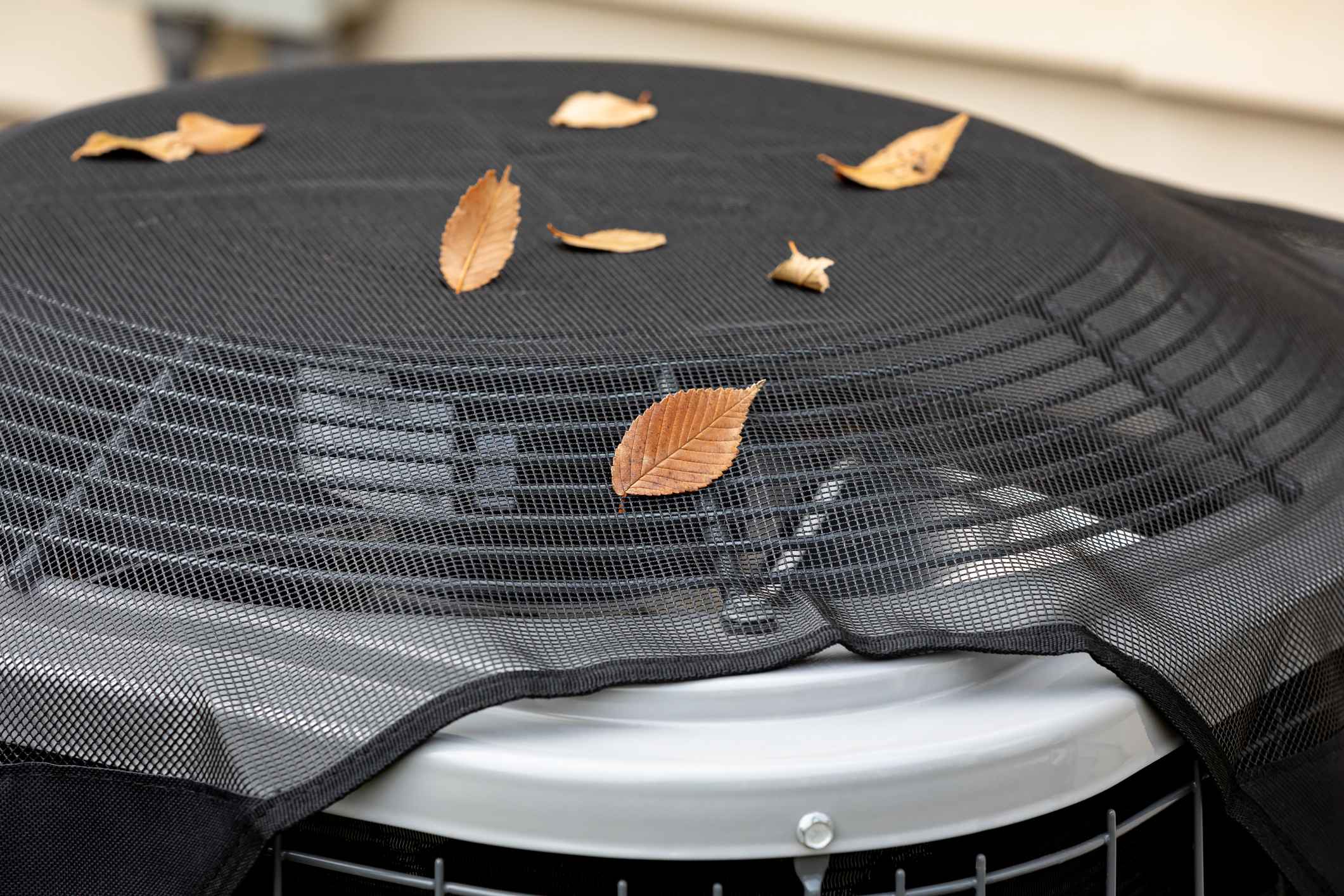
Staying Cool This Fall: HVAC Tips for Austin Homes During October Heat
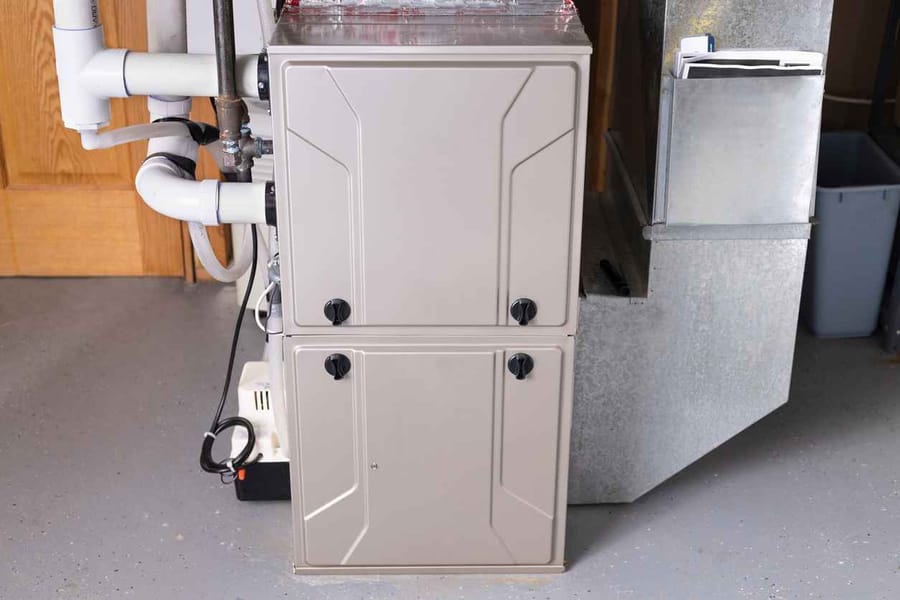
When to Consider a Heating Upgrade in Central Austin

Top 10 Common Texas Heater Problems and How to Solve Them Yourself
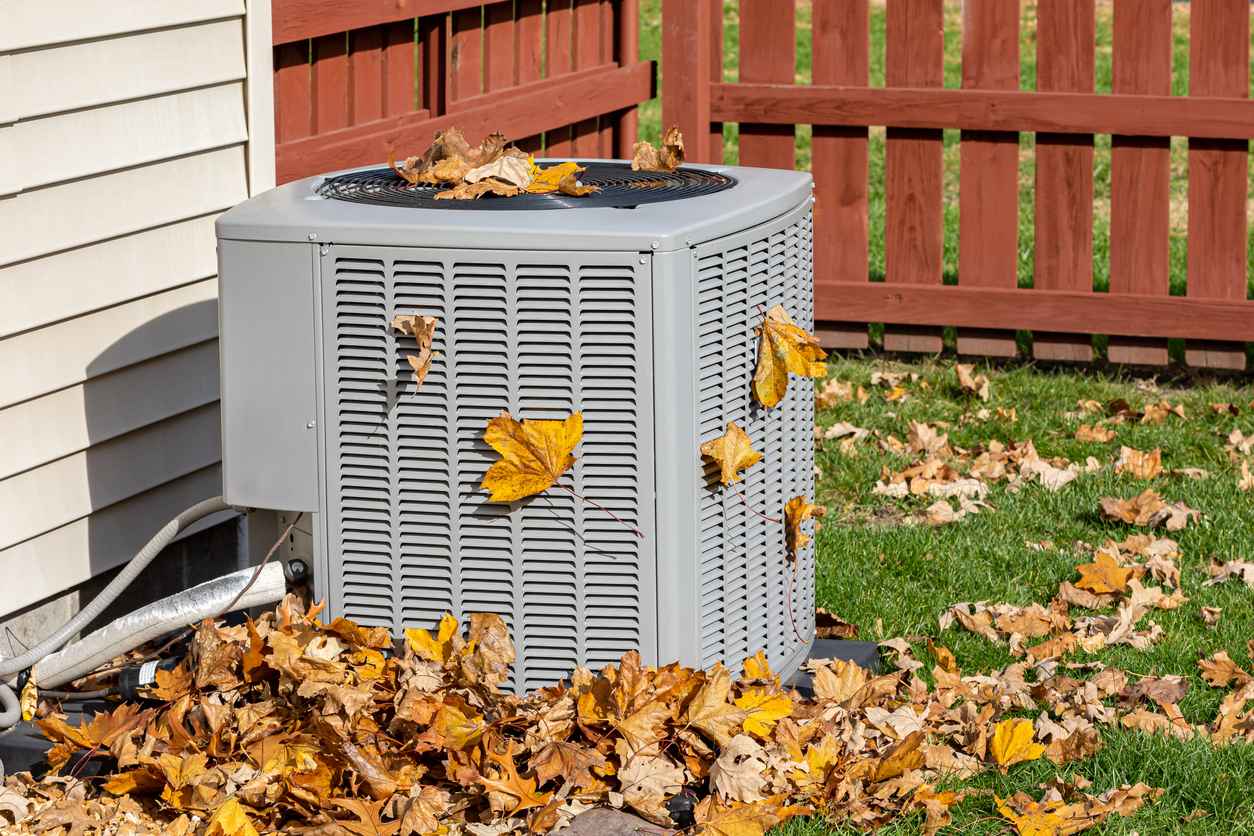
Fall HVAC Maintenance Checklist for Austin, TX Homes
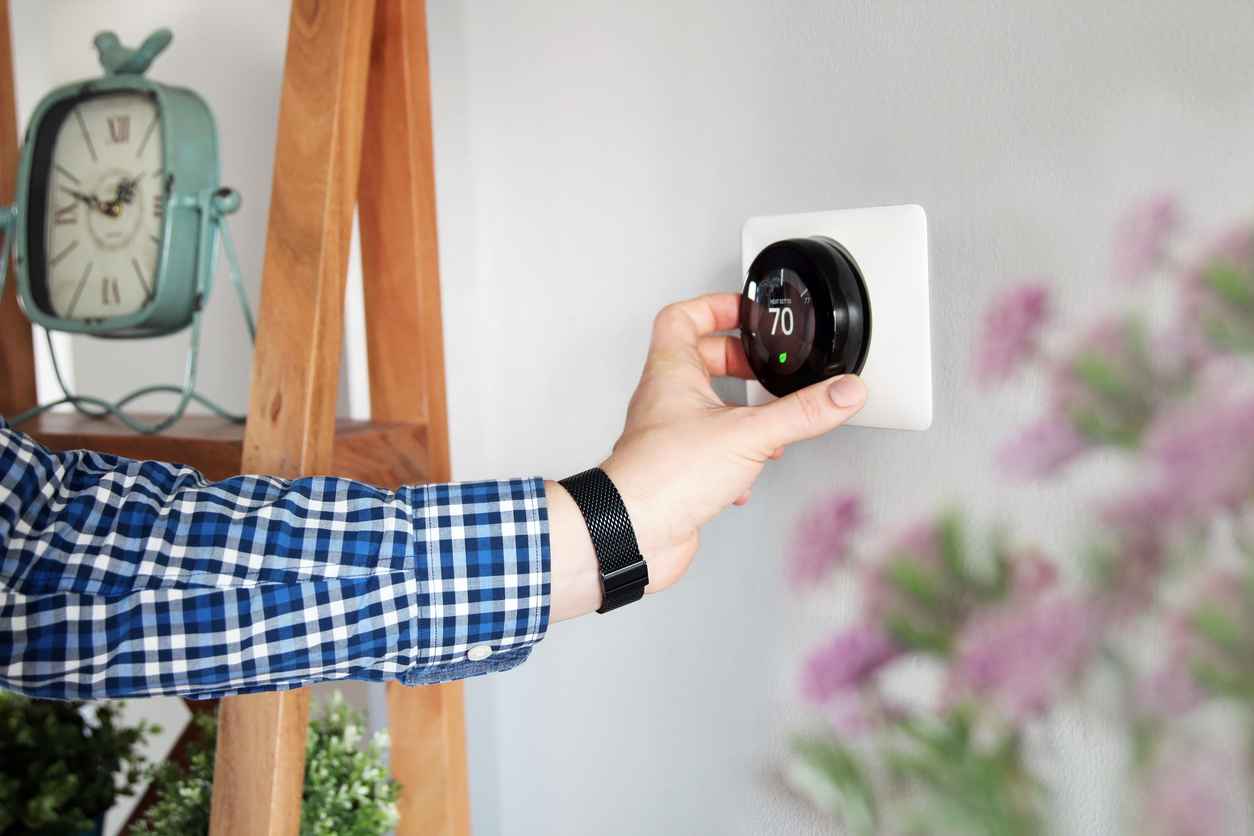
Why Your Thermostat Might Be Costing You Money in Austin
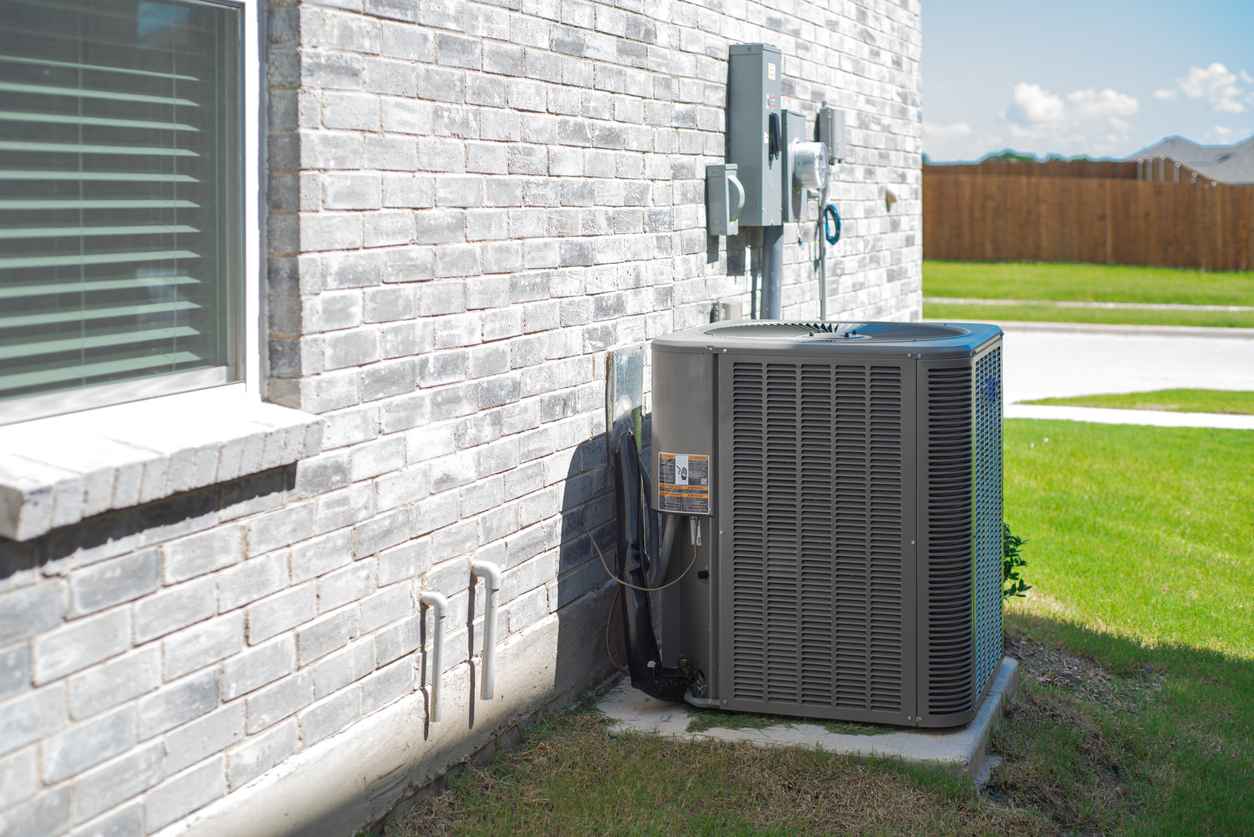
Preparing Your HVAC System for Austin’s Late Summer Storms
